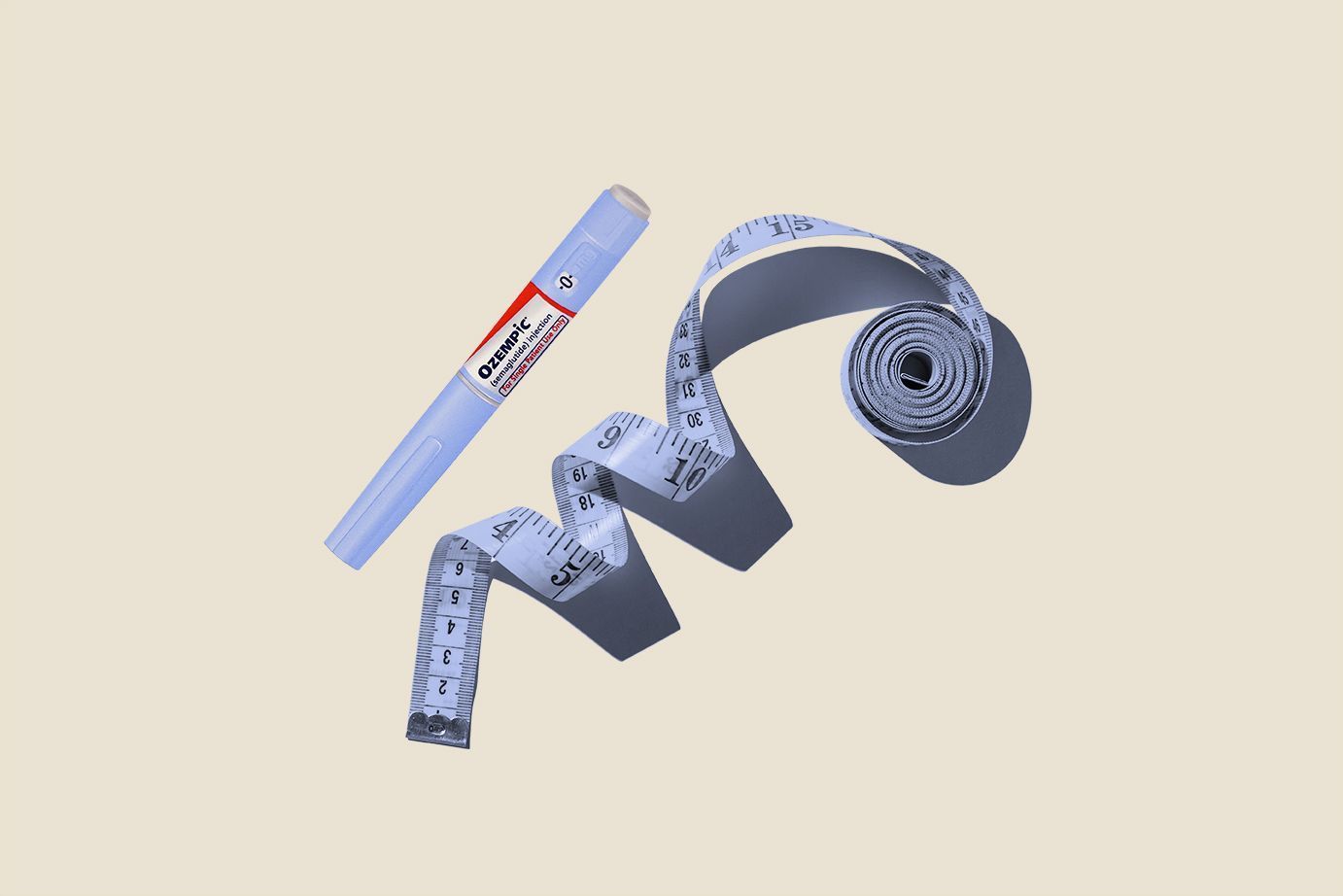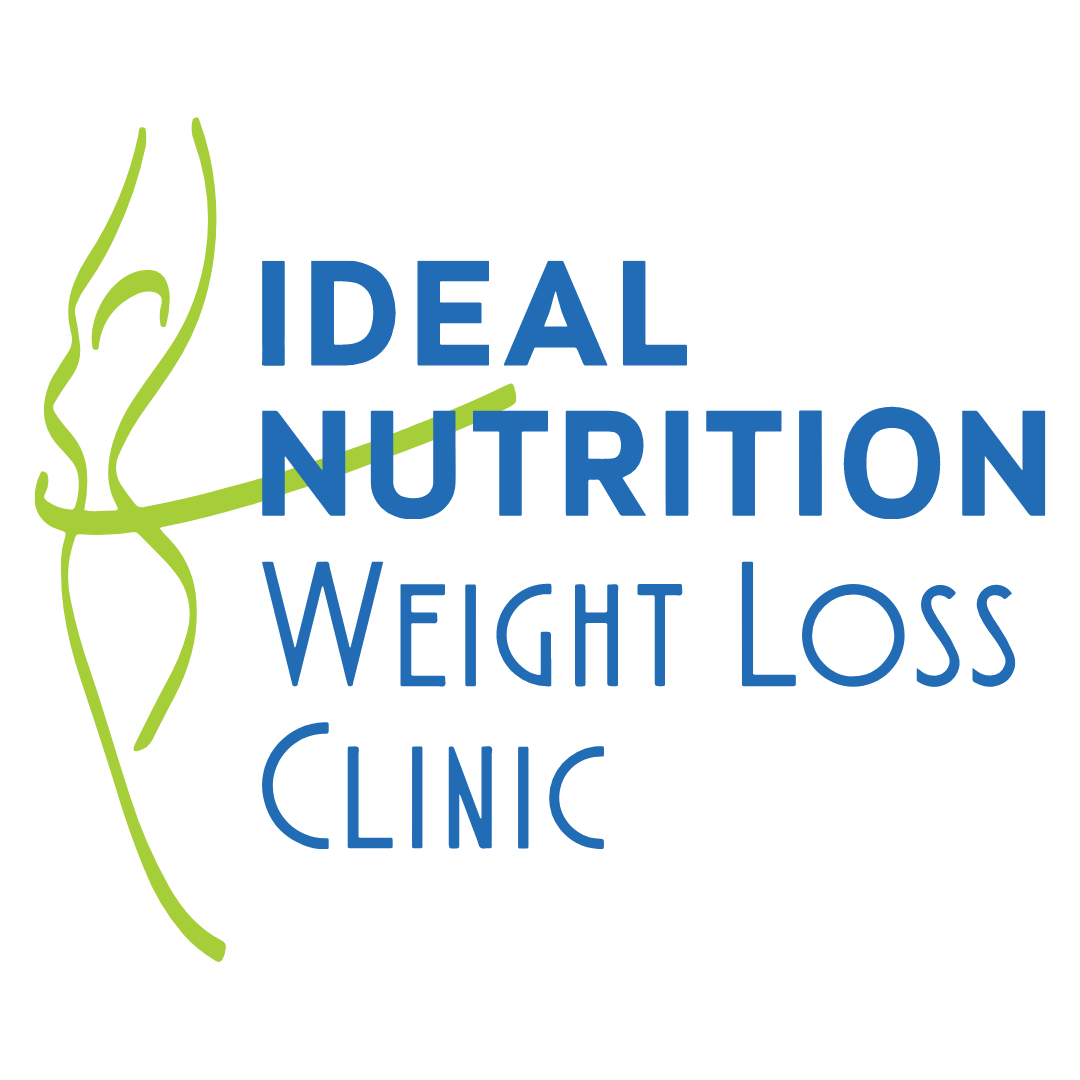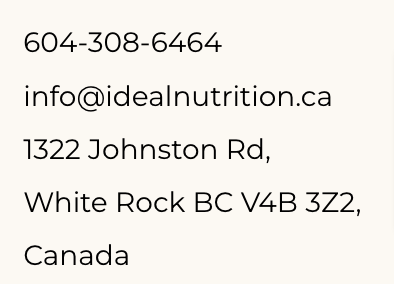If you're looking for the 5 action tips
- scroll to the bottom to skip right to it!
My journey into the world of nutrition began out of sheer necessity. I was experiencing unexplained weight gain and persistent acne, which was frustrating and affecting my confidence. After much hesitation, I finally decided to see a doctor, hoping to get some answers and relief. What I got instead was a diagnosis that left me with more questions than solutions: Polycystic Ovary Syndrome (PCOS).
I remember the appointment vividly. The doctor was rather unempathetic and dismissive, brushing off my concerns with a quick prescription for Metformin, a medication typically used for diabetes. It felt like a one-size-fits-all solution to a complex problem. There was no discussion about lifestyle changes, diet plan for weight loss, or any other possible interventions. Just a prescription and a sense that I would have to rely on this medication for the rest of my life.
But something inside me refused to accept that Metformin was my only option. I left the doctor's office feeling determined to find a better way to manage my PCOS and improve my health. This determination led me to dive deep into research, which sparked my interest in the field of nutrition. I soon realized the profound impact that food and lifestyle choices can have on our health, especially for those dealing with hormonal weight gain.
Being diagnosed with PCOS felt like a suffocating life sentence for me, because instead of addressing the root causes for my condition, I was given a band aid and no added knowledge on how to cure, let alone manage my symptoms. I was dismissed as one among the countless cases of PCOS that was cropping up in women. My innate stubbornness and gut instinct led me to make the decision to formally educate myself to prove the system wrong and to figure my body out and tap into its natural healing power.
Thoroughly unsatisfied, I pursued a degree in nutrition to understand how to manage PCOS naturally through diet. While these efforts helped me make some great progress, they weren’t enough to bring about a significant, lasting change. That’s when I discovered the Ideal Protein protocol. Unlike my previous attempts, Ideal Protein offered a structured and science-based approach that delivered consistent results. Week by week, I saw fat loss, improved blood work, and a transformation in my body and eating habits that felt permanent.
Choosing Ideal Protein over other diets like Bernstein, Weight Watchers, and Jenny Craig was an easy decision for me. Unlike the Bernstein diet, which can be very restrictive and hard to maintain, Ideal Protein provided a balanced approach that didn’t leave me feeling deprived. Compared to Weight Watchers, which focuses on a points system that can be confusing and encourages moderation rather than addressing specific health issues, Ideal Protein’s structured phases offered clear guidance and targeted fat loss. Unlike Jenny Craig, which relies heavily on pre-packaged meals, Ideal Protein educated me on making healthier food choices, empowering me to sustain my new lifestyle independently. This comprehensive and empowering approach is why Ideal Protein stands head and shoulders above the rest.
I learned to balance my meals with nutrient-dense foods, focusing on low-glycemic index carbohydrates, lean proteins, and healthy fats. I incorporated supplements that supported my hormonal balance and overall well-being. Regular exercise became a cornerstone of my routine, not just for weight management but for its positive effects on insulin sensitivity and stress reduction. This approach is also crucial for weight loss in menopause and for those seeking a diabetic weight loss program.
Gradually, I saw a transformation in my body and my health. My weight stabilized, my skin cleared up, and my energy levels soared. More importantly, I felt empowered knowing that I had taken control of my health through natural means! Giving back the power to nature and my body’s natural defense mechanisms allowed healing at the deepest level instead of just applying a band-aid to a litany of symptoms.
Today, as a Registered Nutritionist, I am passionate about helping others take control of their health. Through sharing this knowledge with others who may be facing similar struggles, I can help others advocate for themselves better. At our weight loss clinic in White Rock, British Columbia, we believe in a holistic approach to health. We understand that each person’s journey is unique, and we are here to provide personalized support and guidance, whether through our blood sugar management program, the Ideal Protein diet, and our medical weight loss services.
If you’re dealing with weight gain, PCOS, or any other health challenge, I want you to know that there are options beyond medication. With the right diet, supplements, lifestyle changes, and most importantly the guidance and accountability provided by an experienced and compassionate fat loss coach, you can take control of your health just as I did! It’s a journey with a lot of hills and valleys, but one worth taking especially when you don’t feel alone while on it. I can personally attest that it was life-changing for me making those changes and I feel excited about helping others achieve their full potential and see for themselves how far they can soar.
Through struggles with multiple doctors, we know the challenge of advocating for yourself can feel overwhelming so grab these tips that help make advocating for yourself easier!
1. Educate Yourself
Research your symptoms, diagnosis, and treatment options using reliable sources.
Know your patient rights and healthcare policies.
2. Communicate Effectively
Clearly describe your symptoms and concerns.
Ask questions and express your treatment preferences.
3. Stay Organized
Maintain a personal health record with medical history, medications, and test results.
Document everything during appointments and request written summaries.
4. Seek Support
Bring a trusted friend or family member to appointments for support.
Join support groups for advice and encouragement.
5. Be Proactive
If needed, seek a second opinion to validate diagnoses and treatment plans.
Speak up if your concerns are not being addressed and escalate if necessary.
Advocating for yourself in the medical world is crucial because it ensures you receive appropriate, personalized care. By actively participating in your healthcare, you can make informed decisions, communicate your needs clearly, and address any concerns promptly. This can lead to better health outcomes, increased satisfaction with your care, and a greater sense of control over your health.
Failing to advocate for yourself might have serious consequences. Misunderstandings or overlooked symptoms may result in misdiagnosis or delayed treatment, potentially worsening your condition. Without self-advocacy, you may not receive the most effective or appropriate treatments, and your concerns might be dismissed or ignored, leading to inadequate care. Therefore, self-advocacy is essential for ensuring your health and well-being.
If you’re looking for a weight loss clinic near you that’s different from the rest and genuinely cares to see you succeed, our team is here to get you started on your journey and support you always!
With lots of love and positivity, this is coach Rachel signing off until next time!












